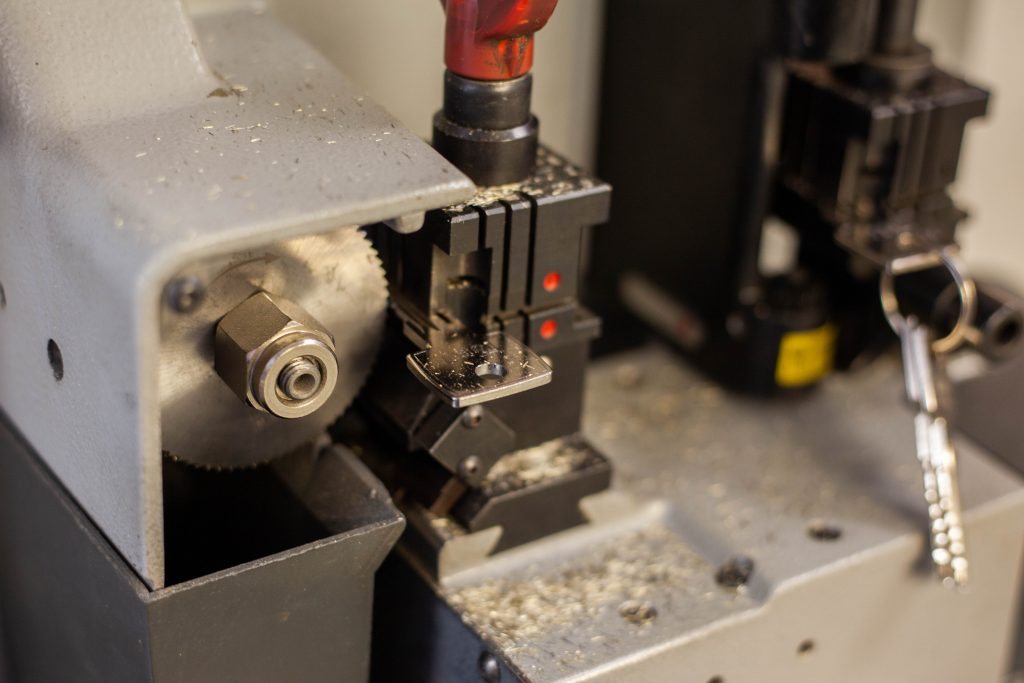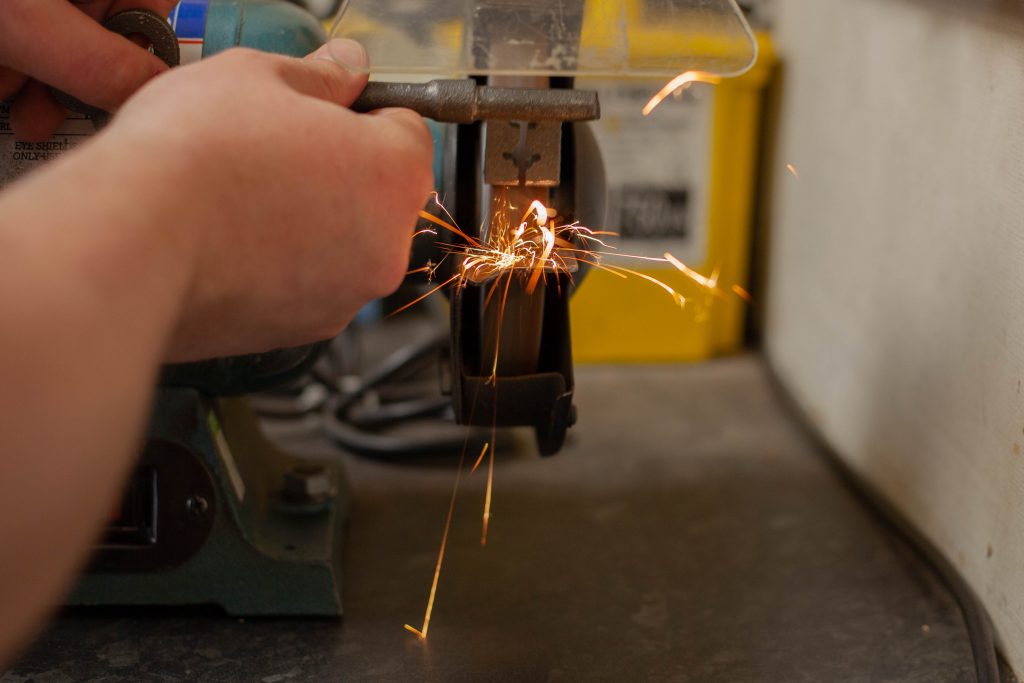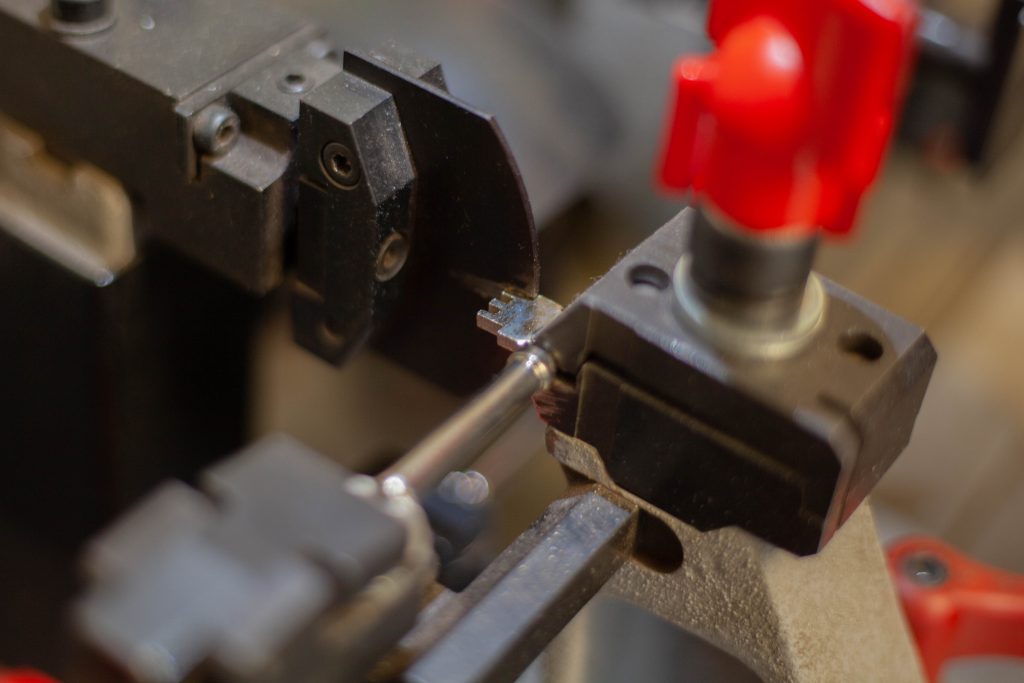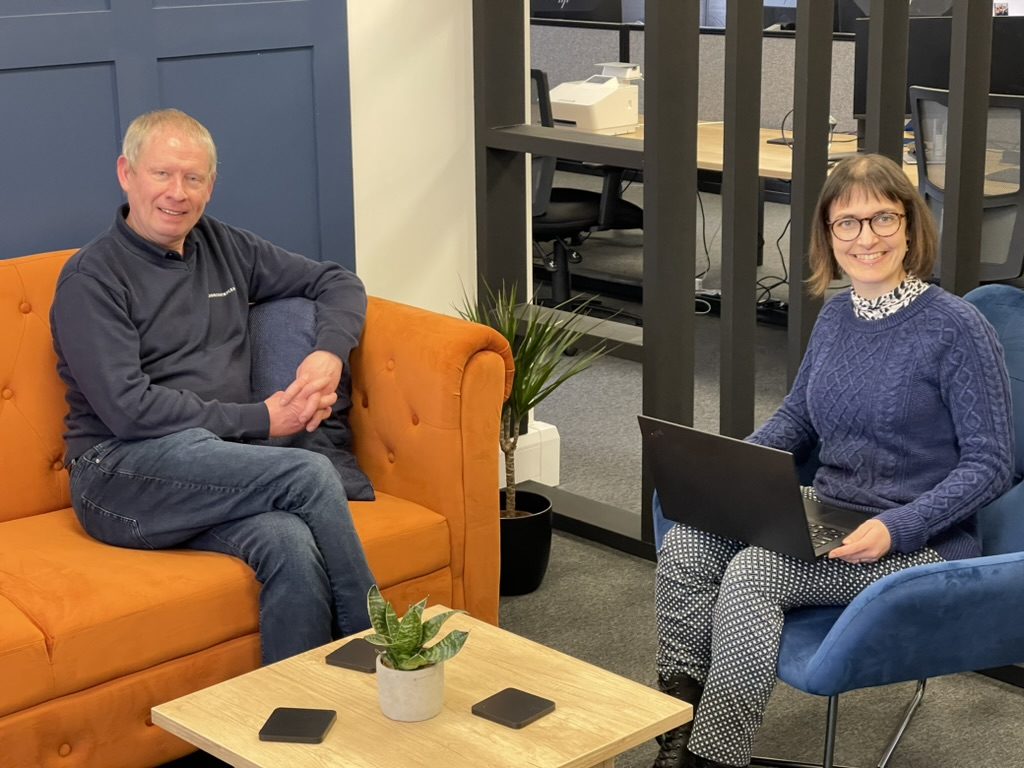Louise Frost, a senior marketer at Door Controls Direct, sat down with her long-serving MLA locksmith colleague Mike Drayton. Join them as they look back at the last three decades of being a trusted provider of comprehensive door control solutions, and what Mike foresees in the trade as we move forward.
Now well and truly into 2024, I’m sitting with someone I’ve known for 14 years, looking back into the mists of time (1993, so practically yesterday for anyone over 40), whilst having an eye for the future.
Mike has been in the industry for well over 30 years. What started off as key cutting, call outs and installation for a high street locksmith is now the latest GAI course in access control and upskilling in electronic locking. From cutting church keys to troubleshooting proximity keypads, Mike took some time out to talk me through how he got here, where here actually is, and what he feels is around the corner.
Louise: How have things have changed during your time at Door Controls Direct?
Mike: Having been with the company for 30 years last year, I’ve seen some real advances in technology whilst other aspects of locksmithing haven’t changed at all. I became an MLA locksmith in 1993, gaining my Guild Diploma in 1997. Mechanical locking systems are pretty much the same as they have ever been since those early days, even before then. It’s the electronic side of things that’s really seen substantial changes since I started out. I’m still in touch with many locksmiths, friends and ex-colleagues, and they’d all agree with me.
There is a real need now to diversify. The feedback I hear is that it’s difficult, near impossible, to survive as a traditional locksmith. Whilst mechanical locking remains the bulk of what our customers have in place and need to maintain, there’s an increasing shift to access control. Larger facilities, like private schools, are moving across to access control, letting mechanical locking drop off. We’re still servicing many master key systems but the volume tails off year on year.

L: What are you seeing in the industry today?
M: Choice. Abundance. Ecommerce. Online shopping, online product catalogues, and a flood of new suppliers has meant our customers and end users are spoilt for choice. How do they know what is a reliable product, or what the right product is for their doors? Years ago, there were only a few brands. It was so much easier to navigate.
Now, you need such a broad, generalist knowledge of a wealth of products and locking solutions, new and historic. Some products are not easily replaced because they’re either an older, discontinued product or imported as part of a door set or locking solution. It can be a real challenge to find replacements, so you need to know specifics as well as general ranges and model specifications.
Physical locking solutions come in so many shapes and sizes. The customers I deal with day to day aren’t really looking for large, networked systems. Their focus is securing a door with a generic access control set up, smaller standalone systems. I’ve found that this is mainly due to the cost of upgrading and the intricacies around installation. Customers are going for battery handle sets as they’re so easy to install.
As the demand for different products and security requirements changes, friends in the trade are branching out. I’m hearing that general locksmithing is becoming saturated, flooded as people feel it’s an easy entry point into our industry. Vehicle security, vehicle keys, and smart home technology are where traditional locksmiths are now upskilling and reskilling to service demand. This, plus extensive hardwired systems. There is an increasing demand for specialists, not generalists.
Since Grenfell, customers know they need to comply with something but often aren’t sure what that is. I’m increasingly being asked about hardware for fire doors because there is uncertainty about what they need. And that’s all door hardware, not just locks. Electronic panic hardware to use with access control systems – that’s really taking off. Having recently completed the GAI diploma course in access control, I’m much better placed than I ever have been to deal with these changes in enquiries from our customers and end users.

L: Fortune telling – what is your forecast of the future of locksmithing?
M: Residential properties – it has to be smart home technology. It is convenient, fun, engaging, interactive. You can combine the control of perimeter security with your heating, all from your smart phone. End users are embracing the shift in technology. They expect it. As a company, we’re still on the peripheries of this but are seeing it increase in popularity, even in the rural South West of the UK.
Commercially, it’ll continue to be the shift towards electronic locking and access control at the expense of physical door and window locks. Master key systems, despite existing lengthy patents being in place, have been supplanted by cost-effective imports, and I can’t see that reverting to what it was previously. There is a greater initial expense of both the hardware and installation, but access control provides greater flexibility and control of safety and security measures in a built environment. It’s here already and isn’t going anywhere.
In general terms, I’d predict a continued focus on safety over security, looking at the locking of fire and escape doors whilst maintaining their safety focal point. We’ve started down this road, with guidance such as BS EN 13637, and it will only continue to gain traction.
L: Any advice on someone new coming into the industry?
M: I truly feel that general locksmithing is dying a death. It’s such a shame as it’s where I came from. So, my advice would be to pick your niche; find a groove and stick to it. Specialise. Technology-led locking solutions, new and emerging technologies – that is the future of the wider construction industry and locksmithing.

Closing words from Mike, his loves and losses, and moving forward:
M: I love everything old fashioned, or what many would now call old fashioned – lock repair, refurbishment, the bench side of the job. I’m fortunate in a way because I still get to turn my hand to this kind of work thanks to the stately home side of our specification work. Part of our customer base continues to work on large private residences that require rim locks, new and refurbished models, so we offer a service that many have moved away from.
My heart lies where I started but I’ve chosen to move with the times. Working for Door Controls Direct allows me to stay hands on in the workshop balanced with technical support in the office. I get to do a bit of everything, I love the diversity, and I can’t see that coming to an end any time soon.

